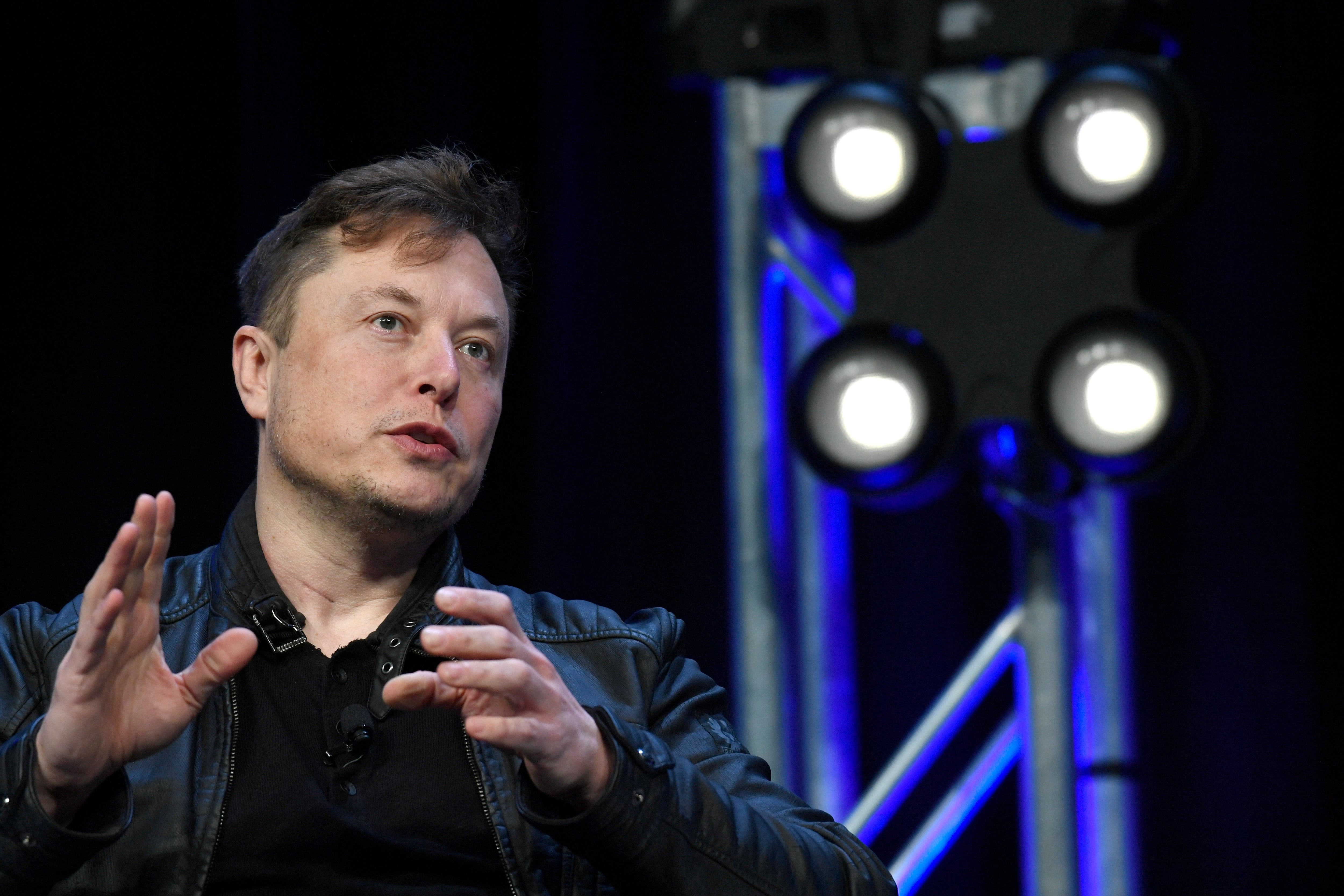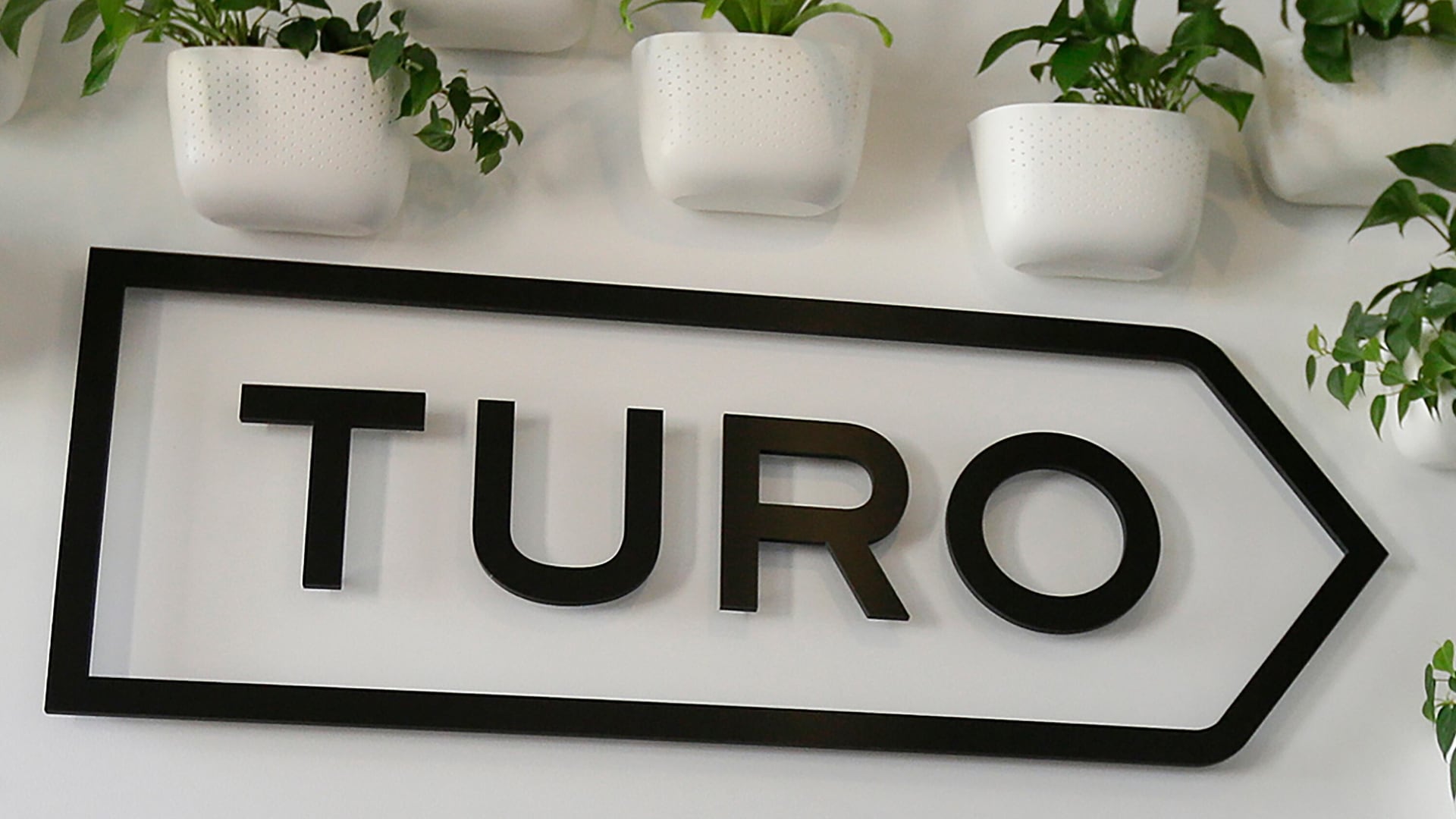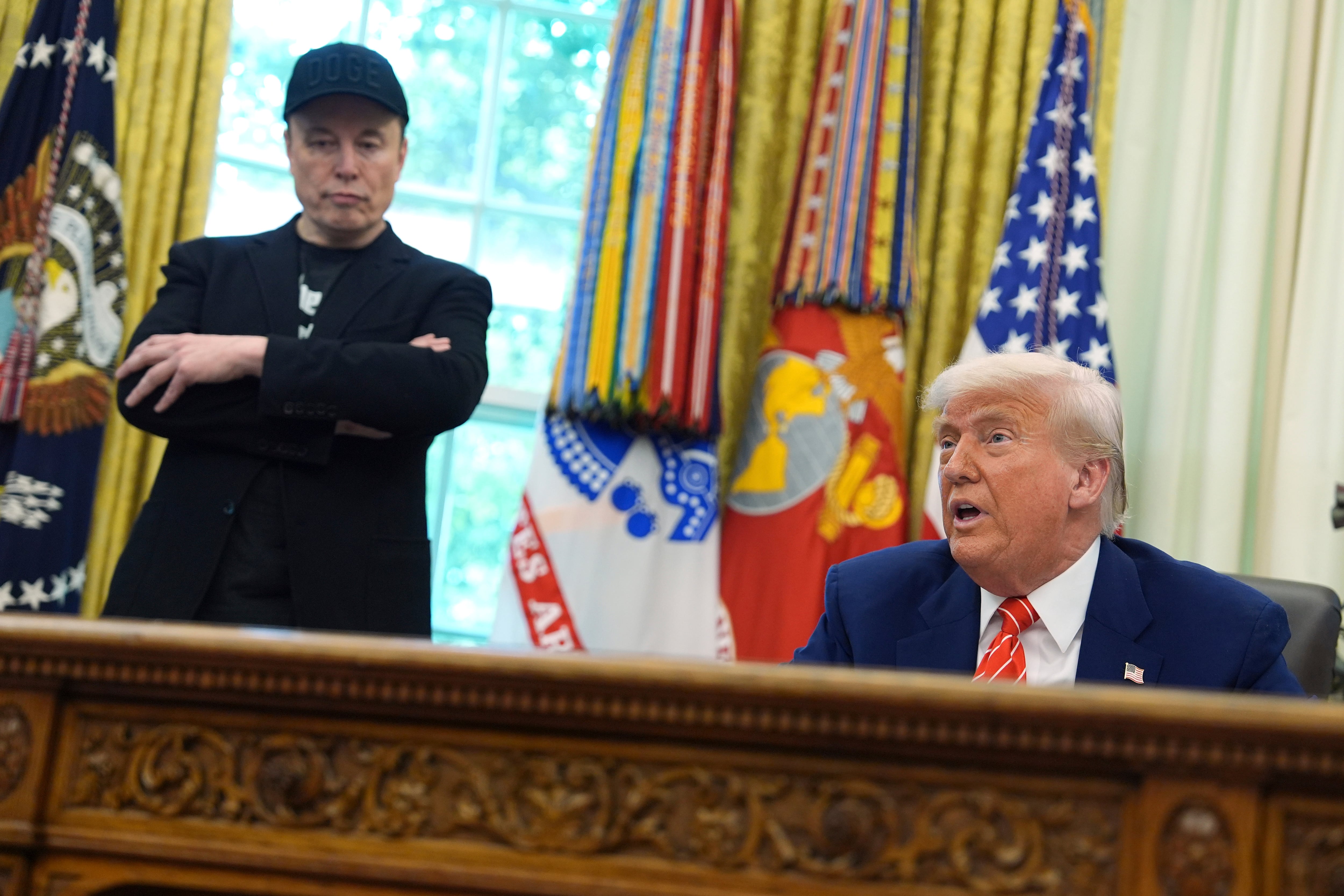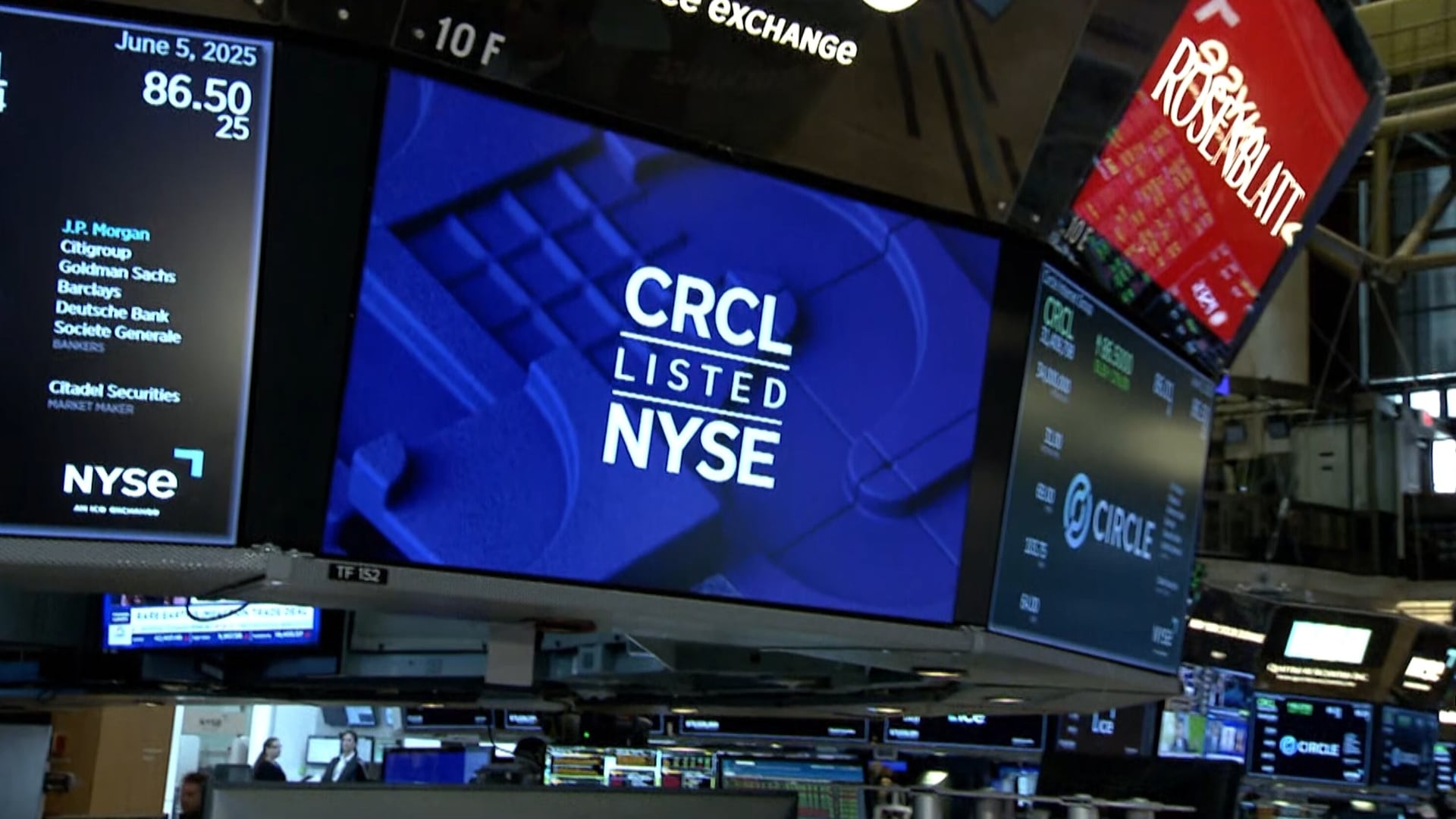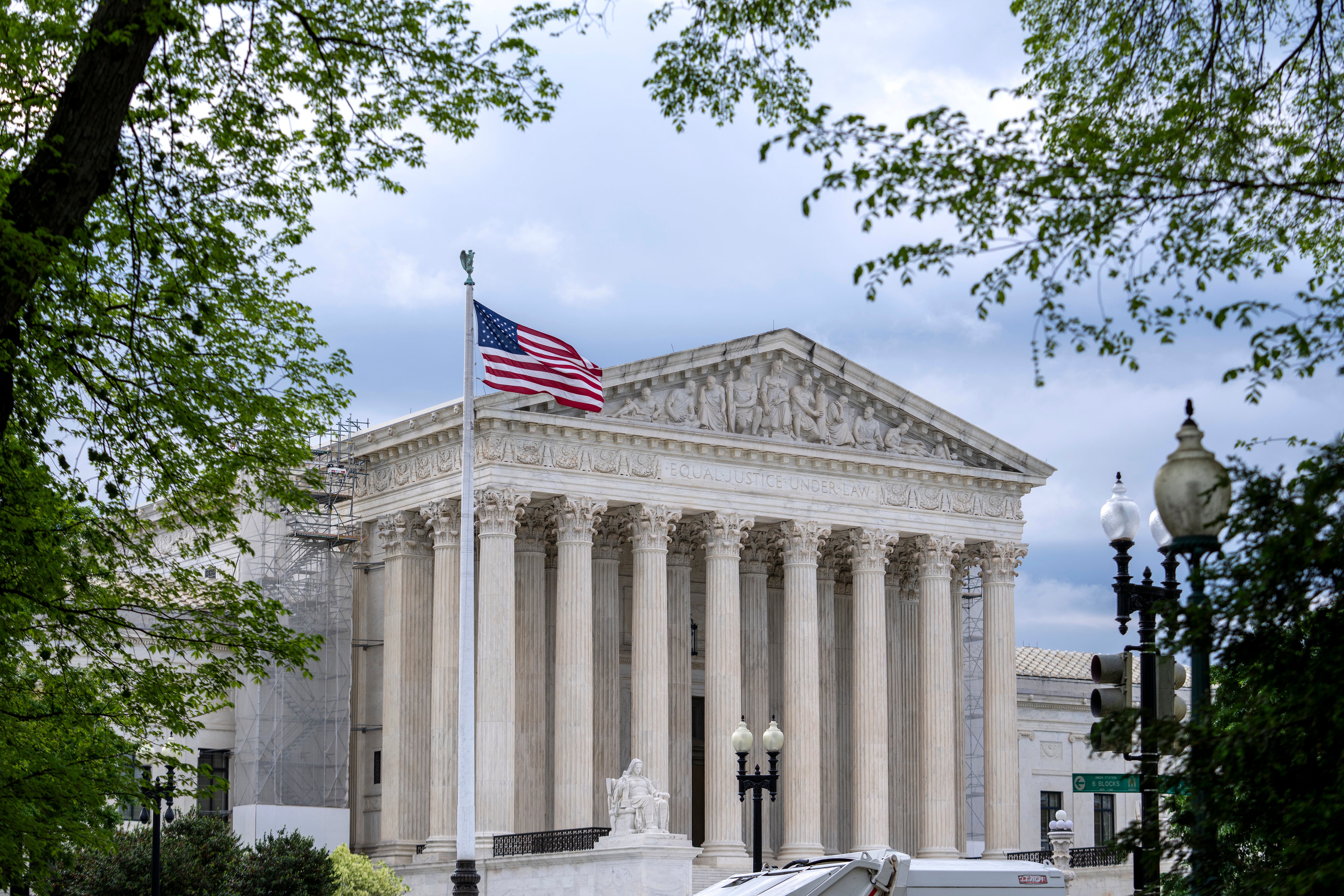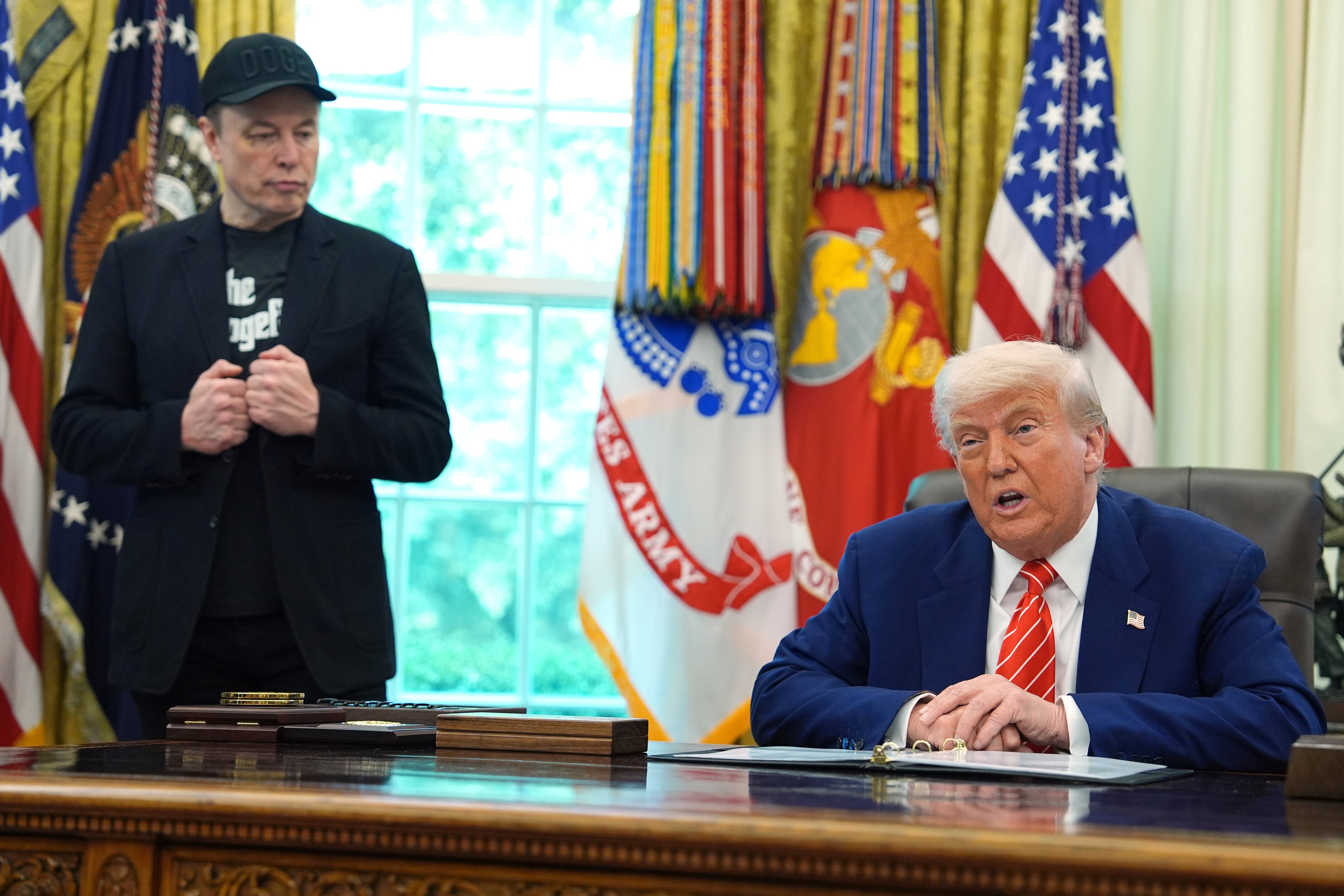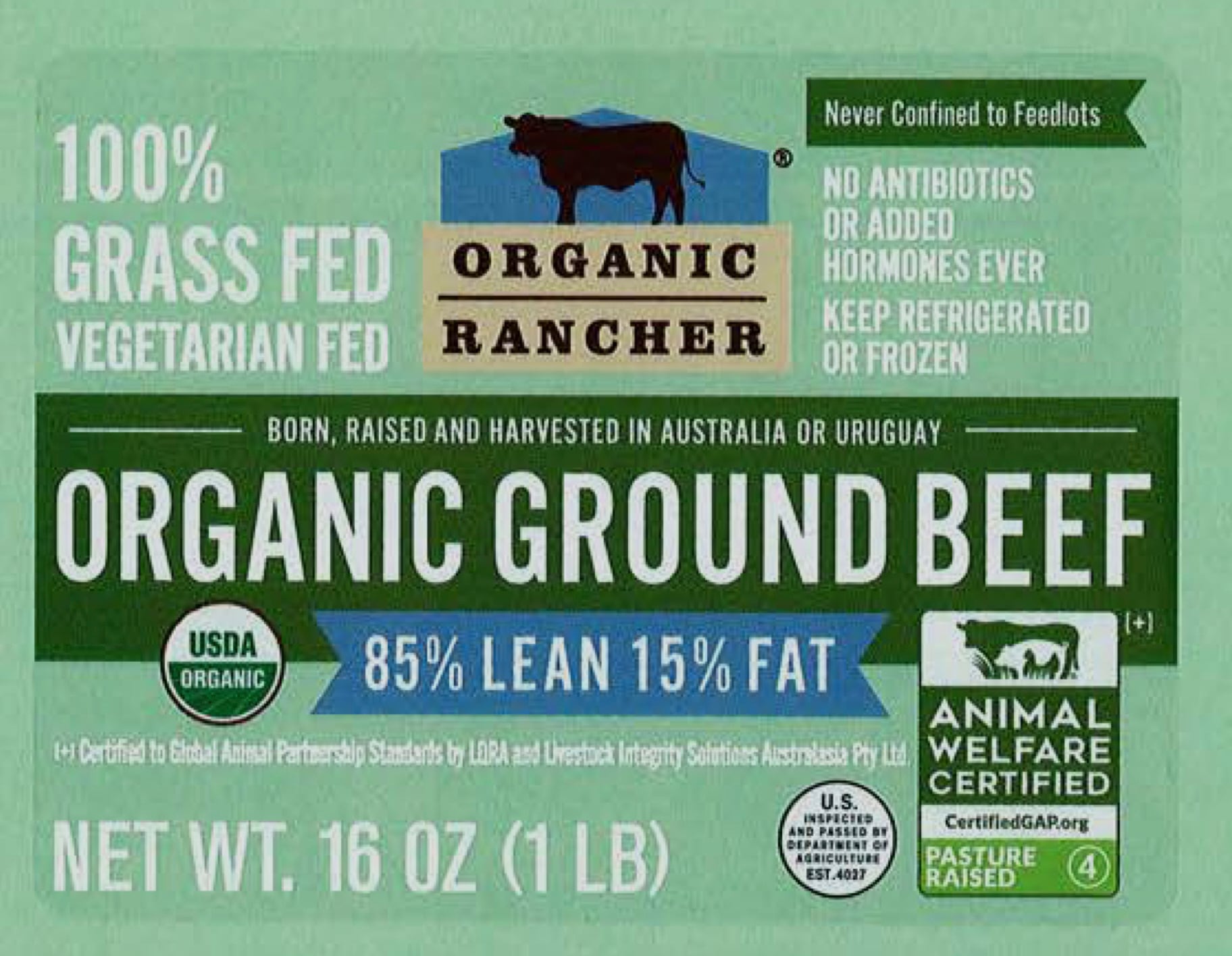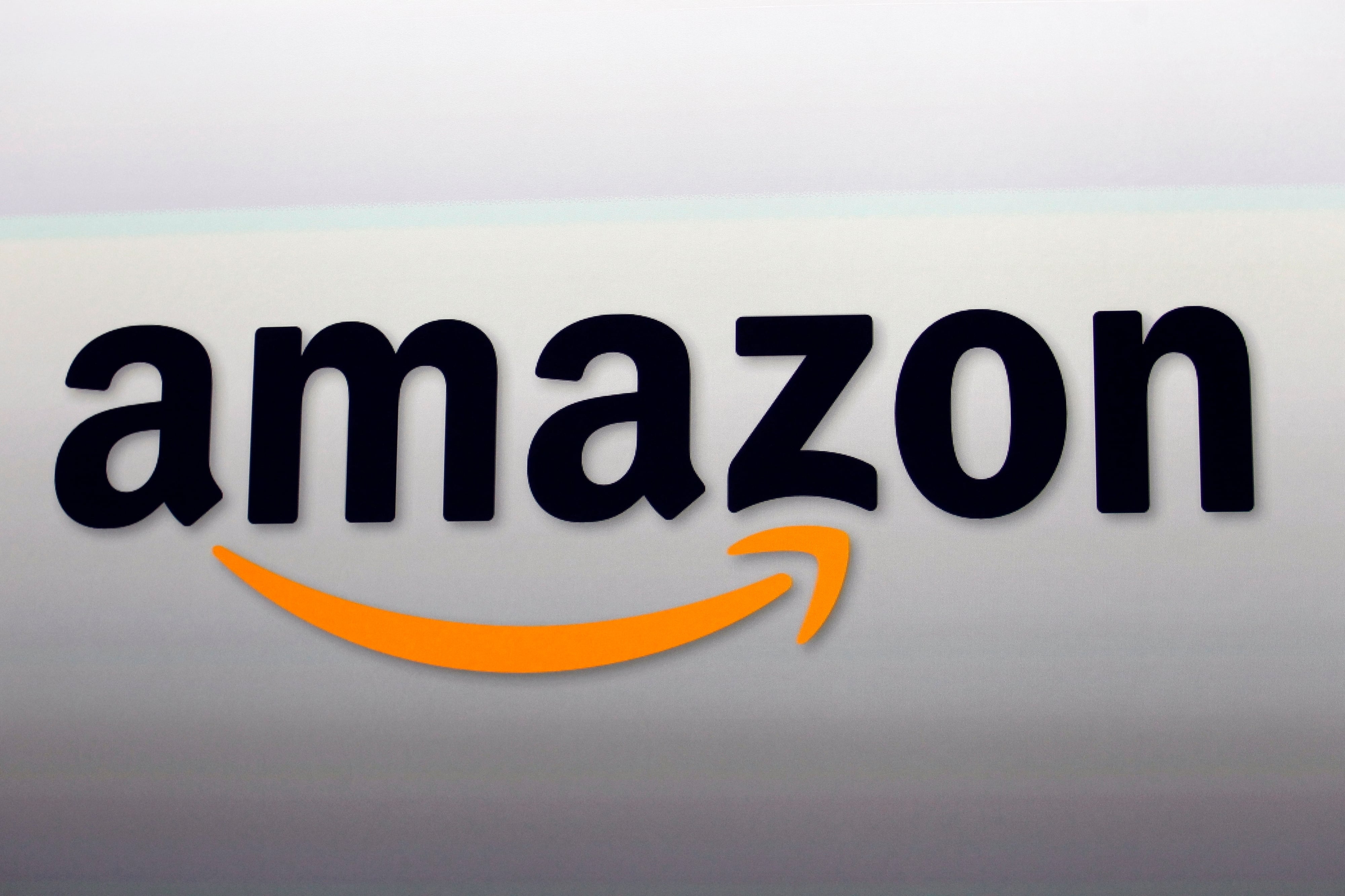As a former investment banker with a six-figure income, Kristy Kim was shocked when she got rejected for an auto loan five times for lack of a credit score.
"I thought it was ridiculous that a working professional with good credentials would get rejected," Kim told Cheddar. "I had to use cash to buy my very first car."
Kim, who immigrated from South Korea to the U.S. as a child, said she was confident that because she was debt-free and making a steady income, getting a loan would be no problem. What she didn't realize is that your credit score, which for many Americans is a mystifying calculation that determines creditworthiness, is essential when it comes to getting a loan in the U.S.
"The first thing they said was 'Kristy, you don't have a FICO score.' So I was like, 'What is that?'"
Building Credit With No Credit
So began an education in personal finance that led Kim to launch TomoCredit, a fintech startup that issues credit cards based on cash flow and spending habits rather than credit score. The goal is to help people like her younger self break out of the vicious cycle that comes with not having a credit score but not being able to build one because you can't take out debt.
"Existing credit card companies don't know anything about you except your score," she said.
Kim said TomoCredit looks at more than 30,000 data points to determine eligibility and provide a credit card with a limit that matches the individual's financial situation, whether that's a young investment banker with a six-figure income or a full-time college student.
The key to the application process is connecting your bank account or bank accounts so that TomoCredit can run a rapid analysis of your personal finances.
In the case of the college student, Tomo would be able to determine based on at least two years of bank data that while a person might not be making an income, their spending is also constrained. So a lower-limit card is probably in order. Once that same customer then graduates and gets a job, they can easily up their limit.
"Tomo will see your spending patterns, income patterns, and your disposable income and additional assets like stocks," she said. "Based on that, we decide whether you are responsible enough to get approved for Tomo."
The limit could range from $100 to $10,000 depending on the analysis, but Kim noted that the company will generally provide the maximum limit that a person's finances will allow. That way, she said, they can build credit as quickly as possible.
No Credit vs. Bad Credit
This contrasts with secured cards, she added, which have long been a way for consumers with bad credit scores to steadily rebuild with automatic payments toward a set lower limit.
Kim explained that in the past she worked with Credit Sesame, a credit and loan company, and routinely spoke with credit repair companies about their "tips and tricks" for helping customers. Her goal with TomoCredit was to incorporate these ideas into the product itself. That's why Tomo offers a weekly repayment plan rather than a monthly one because more full payments mean a better credit repayment history.
The Consumer Financial Protection Bureau, which was relatively inactive during the Trump era, found in 2015 that 26 million Americans, or one in 10 adults, are “credit invisible,” meaning they have no credit history with any of the three nationwide credit reporting companies
Kim said her company is one of the "first movers" in this market.
Since its launch three years ago, TomoCredit has received more than 300,000 qualified sign-ups and started issuing actual cards over the summer but is still catching up with demand. Tomo also announced last week that it had received $7 million in seed funding toward its growth, which so far has largely been driven by word-of-mouth.
Kim stressed that with apps such as Venmo or Robinhood making sign-ups exceedingly easy, convenience was a major priority.
"We know our customers. They are used to having everything one click away on their phone."

